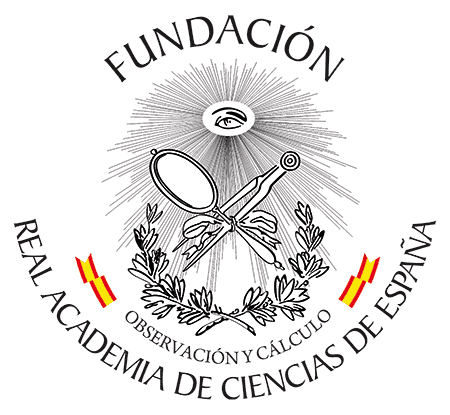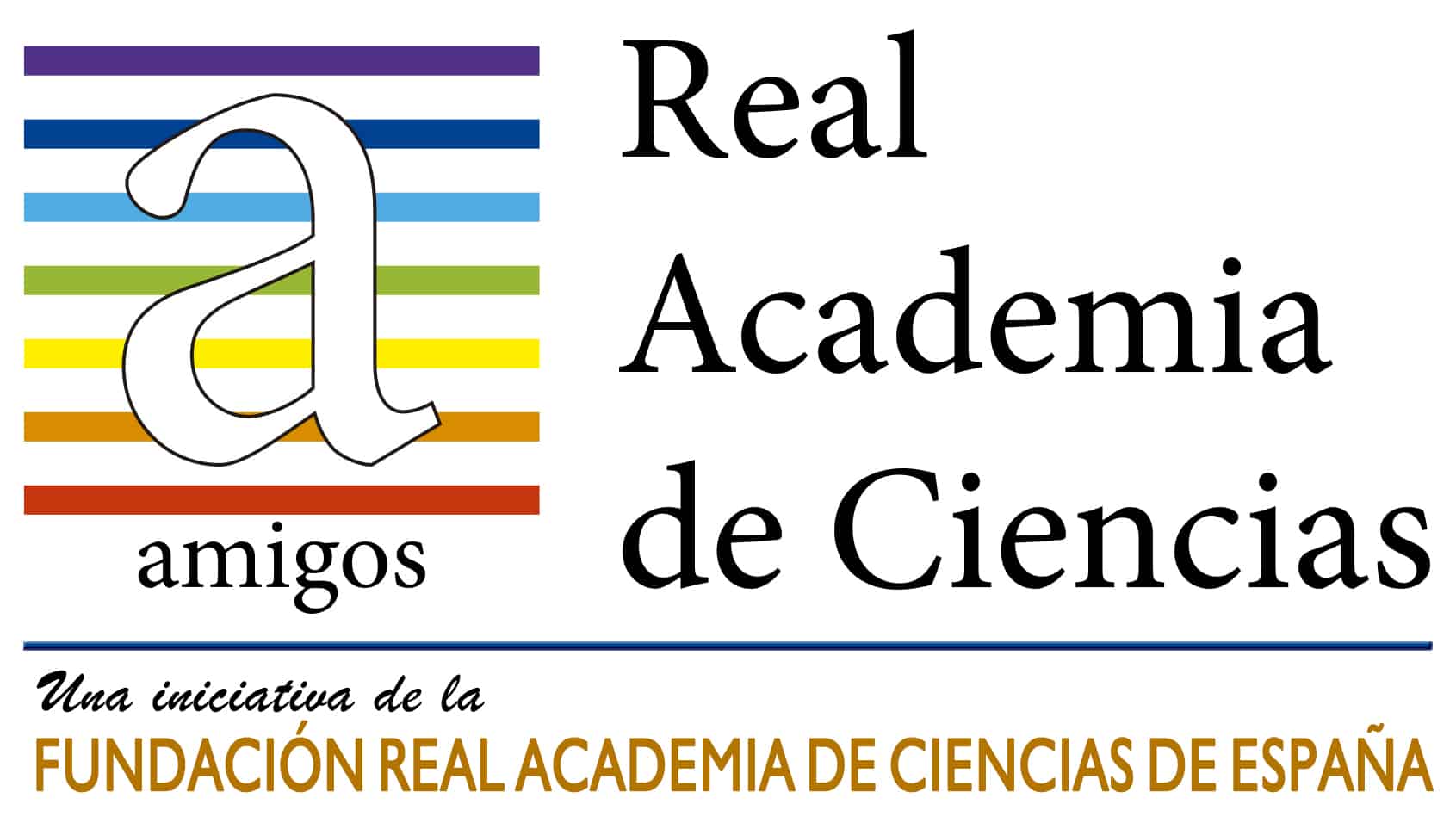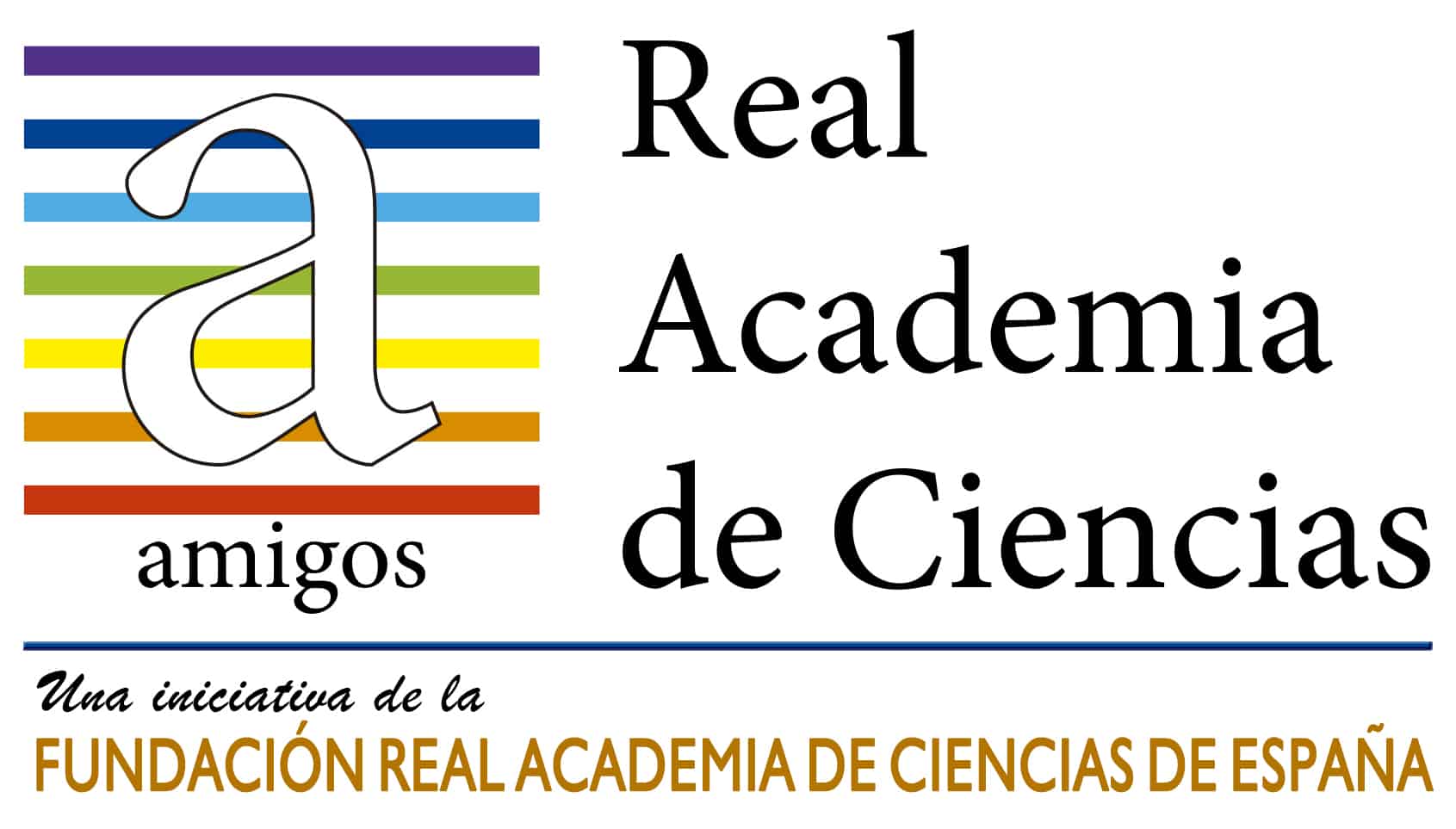
My research focuses on the interplay between Diseases Ecology and Epidemiological Modelling of infectious diseases to understand the ecological and evolutionary factors that affect the transmission of vector-borne diseases and answer a wide range of questions related to the impact of biodiversity on mosquito-borne diseases. Financed by the competitive FPU program, I performed my PhD thesis at the EBD-CSIC, defending it with honours in 2017 and obtaining the title of International PhD in Biology. My PhD thesis received the Extraordinary Doctorate Award by UPO, and the Best Ornithology thesis award by SEO/BirdLife.
During this period, I used a combination of field observational techniques and phylogenetic analyses to study the transmission mechanisms of vector-borne pathogens affecting humans, wildlife and livestock.
I have gained a broad range of laboratory and field experience on the use of modern analytical techniques covering Animal Ecology, Parasitology, Ornithology and Medical Entomology, including molecular analysis to identify both pathogens and insect vectors such as mosquitoes and Culicoides.

Initially, I described the environmental and seasonal factors affecting mosquito community composition and distribution (Ferraguti et al. 2013, PloS One; Ferraguti et al. 2016, Sci Rep; Martínez-de la Puente, Ferraguti et al. 2016, Malaria J), and the role of biotic and abiotic factors as determinants of infection by the West Nile virus (WNV) and avian Plasmodium in wild birds (Ferraguti et al. 2016, Epidemiol Infect; Ferraguti et al. 2018, J Anim Ecol; Martínez-de la Puente*, Ferraguti* et al. 2018, Sci Rep, *shared co-authorship), to finally identifying the role of biodiversity on the exposure and successful transmission of different pathogens (Ferraguti et al. 2021, PLoS Pathog). In the last years, I have researched the One Health paradigm, analysing the ecological and environmental factors that favour or limit the transmission of zoonotic pathogens in natural and urbanised areas.
I won 2 highly competitive postdoctoral grants: Juan de la Cierva-Formación (JdC) and Marie Sklodowska Curie Fellowship (MSCA-IF).
During the JdC contract at the University of Extremadura (UEx), I continued my research on the relationships between disease ecology and vector-host-pathogen interactions, especially considering pathogens of ecological relevance such as avian malaria parasites (Ferraguti et al. 2019, Parasit Vectors), also exploring the human drivers affecting their transmission (Ferraguti et al. 2020, Ch. 14 in: Avian Malaria and Related Parasites in the Tropics book). Finally, I investigated the transmission of mosquito-borne diseases by integrating experimental and mathematical approaches to address empirical and theoretical questions in my MSCA-IF project at the University of Amsterdam.
I am currently analysing the pathogen transmission cycle through the lens of mosquito by epidemiological models that describe how insect behaviour and ecology relate to vector-borne disease transmission in changing environments. By using WNV as a multi-vector multi-host disease model, I am mathematically determining the spill-over risk into humans by considering insect vectors (mosquitoes) and hosts (humans and birds) as species with different competence and contact rates.


